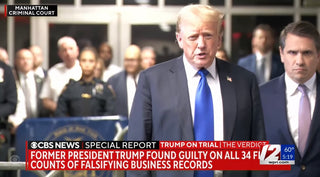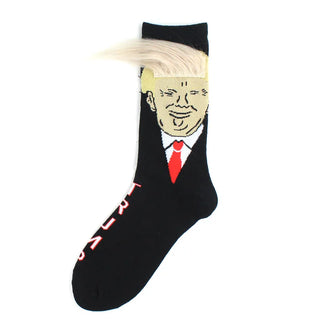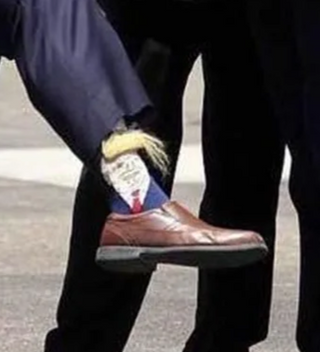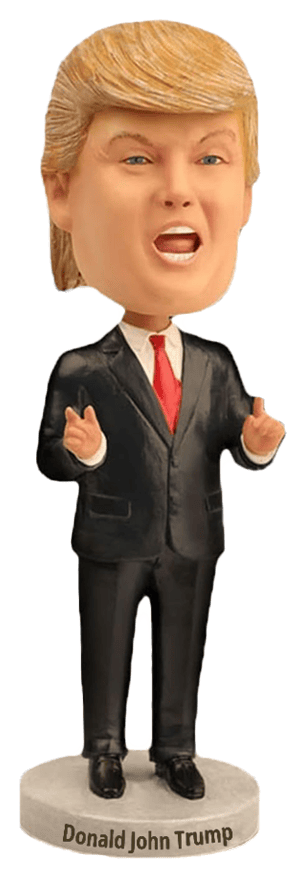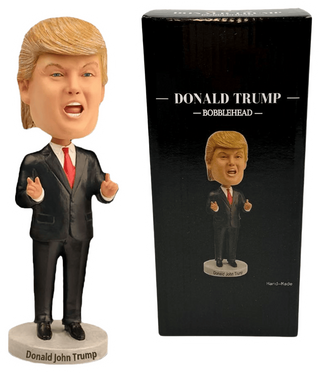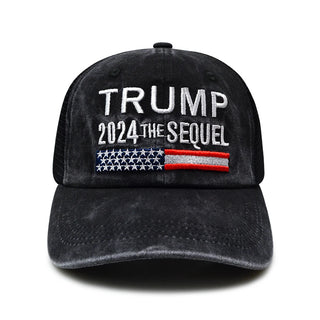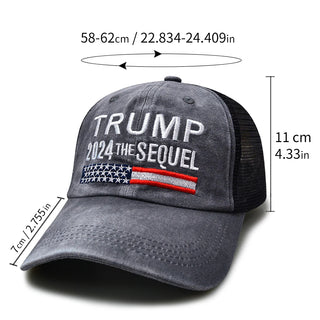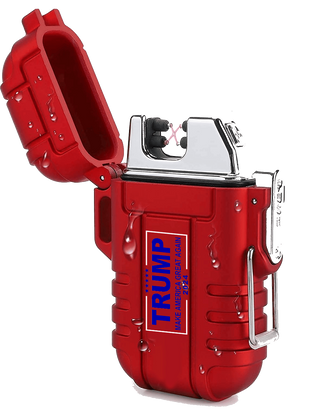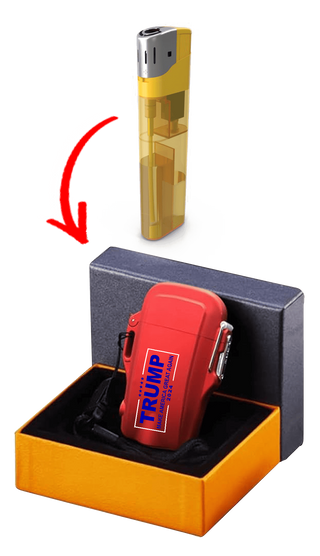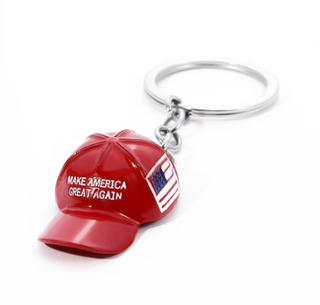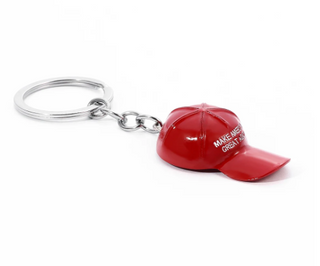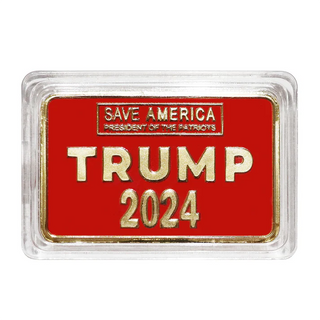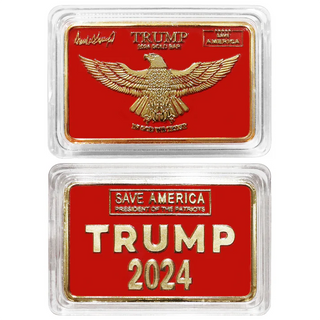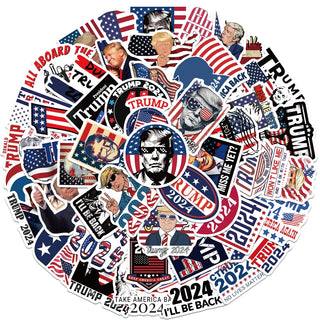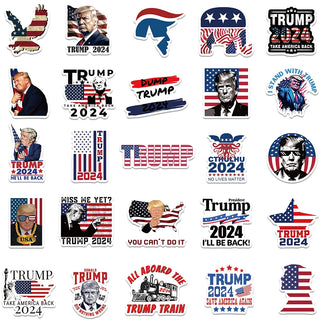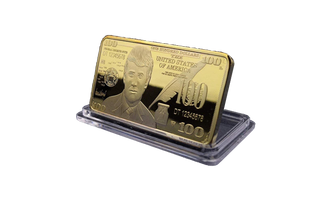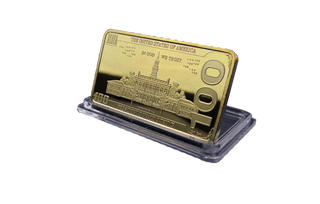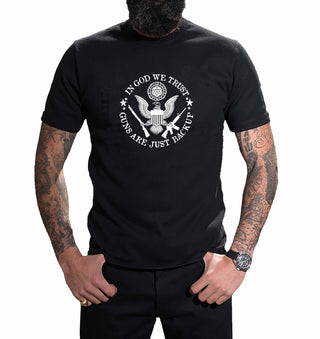Throughout the entirety of the trial, Trump's legal team claimed that the payments were legal and not a smokescreen for any illegality that may have occurred. In the meantime, prosecutors have described the scenario as a premeditated attempt to affect the outcome of the election in 2016 by stifling unfavorable testimonies through the use of illegal financial tactics. It is important to note that Trump did not testify, despite the fact that the defense produced witnesses who expressed the opinion that Trump was not personally involved in the illegal activity. The case was further complicated by personal and political aspects, such as intense scrutiny from the public and the media, as well as substantial commentary from political figures.
As Donald Trump prepares for the approaching election, his campaign has turned the situation into a rallying call, proclaiming him a "political prisoner" and gathering support. This is despite the fact that the legal challenges have been brought against him. The fact that the ruling does not prevent him from running for politics or holding political office is illustrative of the unconventional and contentious nature of his candidature. By interweaving Trump's legal and political narratives, this conviction brings to light the fundamental divisions that exist in the United States as well as the ongoing debate that is taking place over justice and political accountability.

